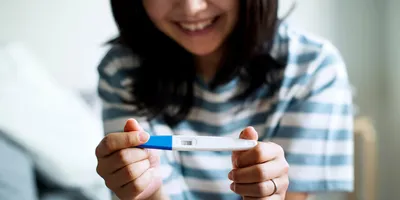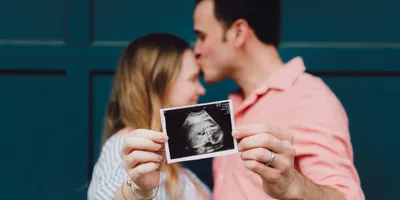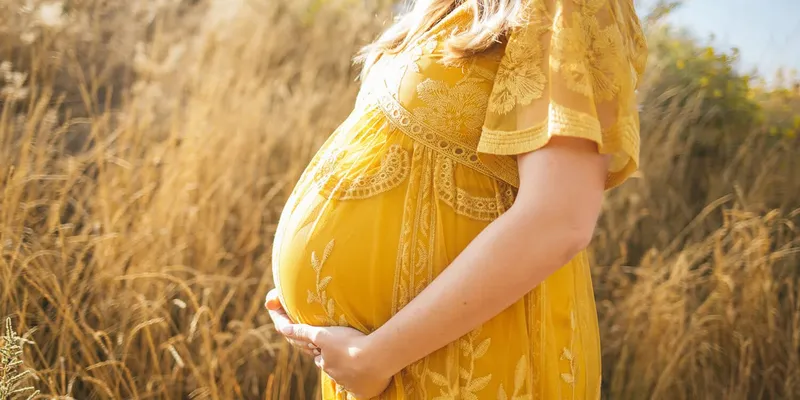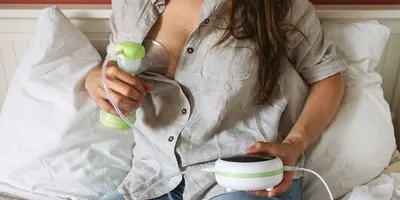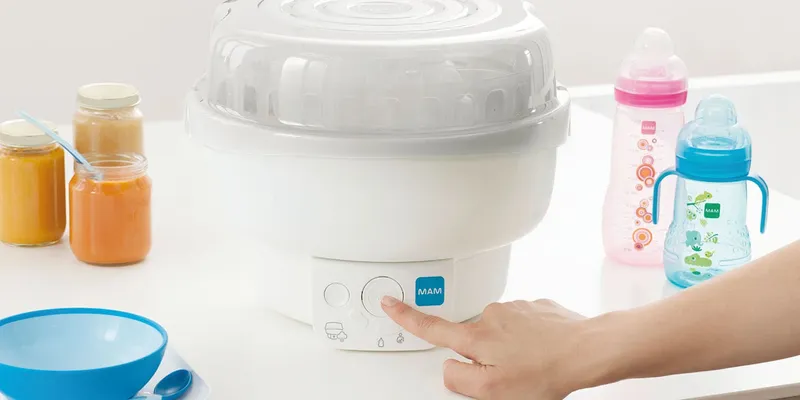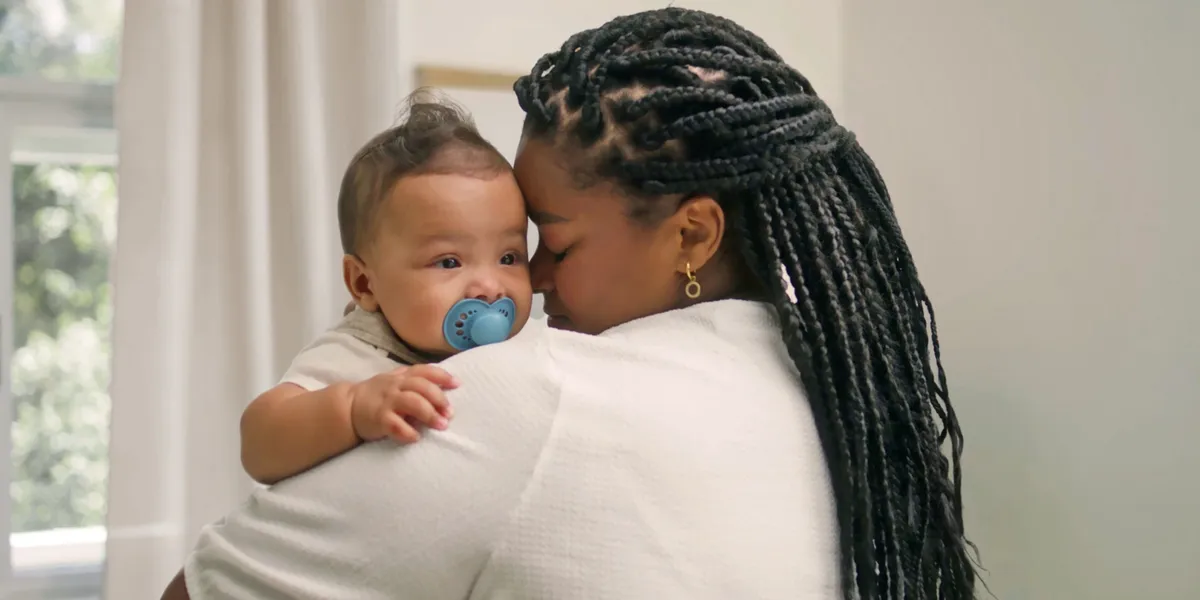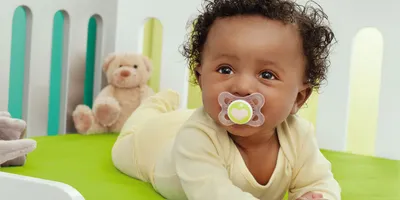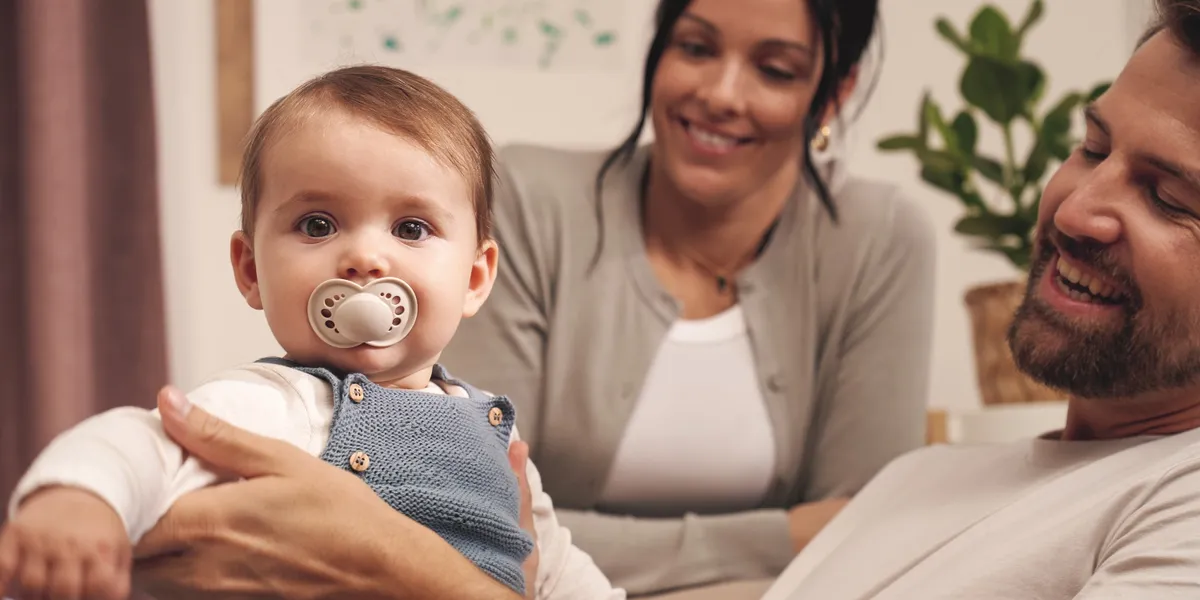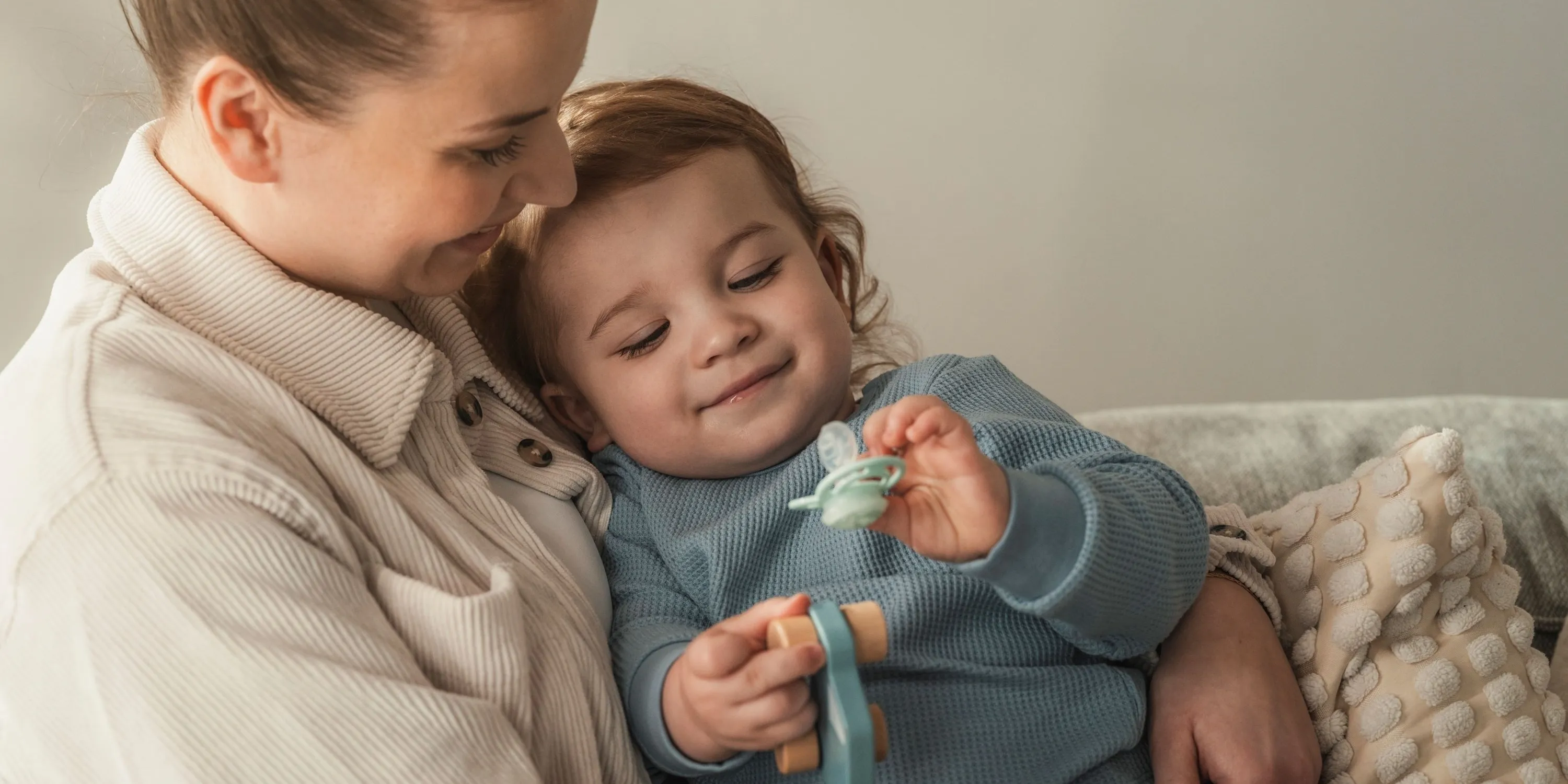Pregnancy and Coronavirus
According to the WHO, there is currently no evidence to suggest that pregnant women are more seriously affected by COVID-19. However, given that the immune system changes throughout pregnancy, it is possible that pregnant women may be more vulnerable to infection.
Measures should also be taken to avoid infection, since we do not yet know what the long-term impact will be (such as damage to the lungs).
So far, according to the WHO, there is insufficient data to rule out with any certainty the possibility of transmission to the foetus in the womb. However, to date, NO virus has been found in the breast milk, umbilical cord blood or amniotic fluid of infected mothers.
The WHO and CDC recommend pregnant women follow the general precautionary measures:
- Wash your hands regularly with an alcohol-based hand sanitiser or soap and water for at least 30 seconds.
- Keep a safe distance from others and avoid crowded spaces and public transport.
- Touch your face as little as possible - particularly your eyes, nose and mouth.
- When coughing or sneezing, cover your nose and mouth with the crook of your arm or use a paper tissue. Dispose of the used tissue immediately.
- Clean and disinfect surfaces that are touched regularly on a daily basis.
- Wear a mask when in the presence of other people, such as shopping at the supermarket.
If you have a fever, cough, and/or difficulty breathing, call the coronavirus hotline and follow the instructions you are given before contacting your GP.
Always call your own midwife, the hospital directly or the emergency services and seek their advice on what to do. If the gynaecologist is available, you can also telephone them.
If you have not been given any alternative instructions, you should also call your own midwife, the hospital directly or the emergency services.
If you feel your child moving regularly, and if you do not develop any heavy bleeding, if your waters have not broken and you feel safer at home, you can stay at home for a while longer before making your way to hospital.
Breastfeeding and Coronavirus
If your state of health permits (such as you only have mild symptoms) and if your doctor does not advise against it, according to the WHO, you can continue to breastfeed even if you have COVID-19. Take care to wash your hands thoroughly before and after breastfeeding and cover your mouth and nose with a mask whilst you are breastfeeding.
However, it is essential that you discuss the right approach with your doctor!
Yes. Based on what is known so far, you can transmit the infection, but not via your breast milk. Just like anyone else, your baby can become infected by an infected droplet from the mother. This is especially the case with bottle feeding. When you are physically close to your child, it is possible for them to inhale droplets from coughs and sneezes. This is why the WHO and CDC recommend that you wear a mask when feeding your baby and that you wash your hands thoroughly before and after feeding.
The risk of infection can be reduced by wearing a mask. The WHO also recommends that you wash your hands thoroughly before and after touching your baby and that you regularly clean and disinfect surfaces that are touched frequently.
Because contact between mother and child is very close at all times and wearing a mask constantly is not possible, it is unclear as to whether this strategy is a successful one. You are best to discuss the right approach with your doctor!
So far, it remains unclear whether COVID-19 can be transmitted to a baby via the mother's breast milk. However, according to the CDC and the Academy of Breastfeeding Medicine, studies conducted to date have NOT found any presence of coronavirus in breast milk.
As the few studies available have not found coronavirus in breast milk (see CDC, Academy of Breastfeeding Medicine), you can follow the general recommendations for storing breast milk:
Overview: storage of breast milk
- At room temperature 4 hours
- In the refrigerator (0-4°C) Up to 3 days
- In the freezer (-20°C) 3 months
Baby and Coronavirus
According to Unicef and the CDC, children do not appear to have a greater risk of becoming ill with COVID-19. Nevertheless, because there is very little data, we cannot say with any certainty what the consequences of COVID-19 would be for babies and children. However, only a few cases have so far been reported in children.
Children (like adults) with existing lung problems and low immunity due to other conditions have a higher risk of more severe symptoms.
The WHO recommends that parents protect their baby as well as they possibly can when handling them. Before any direct contact with your baby, you should wash and disinfect your hands. With breastfeeding and/or bottle feeding, the mother or father should both wear a protective mask at all times.
You should always contact a doctor or paediatrician to confirm or rule out a potential infection. According to KidsHealth®, it appears so far that babies and young children experience milder symptoms of coronavirus than adults. Nevertheless, you should consult a doctor.
According to what is known is so far, an article in ScienceDirect states that the virus can survive on smooth surfaces at room temperature for up to 9 days. On average, it lives for 4-5 days. This timescale may be longer in cold or humid conditions.
Thorough cleaning and disinfecting of surfaces can eliminate the coronavirus.
The coronavirus is more infectious than other pathogens. Therefore, more rigorous hygiene is certainly recommended for items such as soothers, bottles and breast pumps. Sterilisation every time before use is child's play: some bottles, like the MAM Easy-Start Anti ColicTM, have an integrated sterilising function. It is also very easy to sterilise all MAM soothers in their own sterilising box in a microwave. Not only is this method quick, it also takes less electricity than boiling. Furthermore, it is very likely that the microwave can render the coronavirus harmless or at least reduce its potency, in the same way as it does for bacteria.
The mother or father should also wash their hands thoroughly before and after sterilisation and make use of disinfectants. It also helps to wear a mask to avoid any potential transmission of coronavirus to soothers, bottles and breast pumps whilst they are being sterilised.

